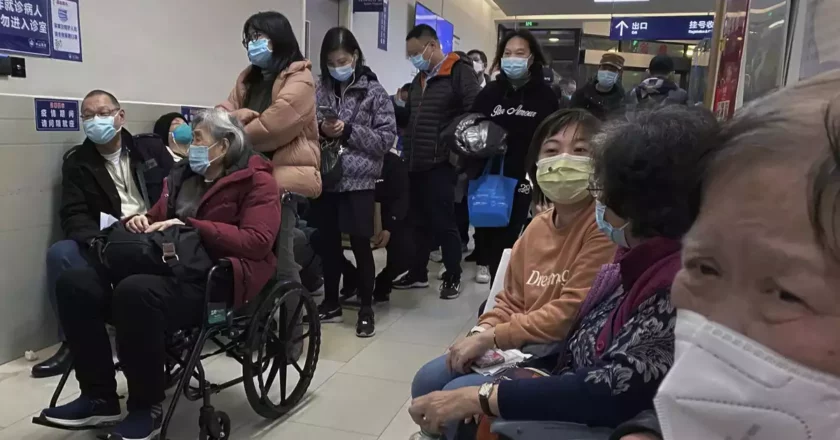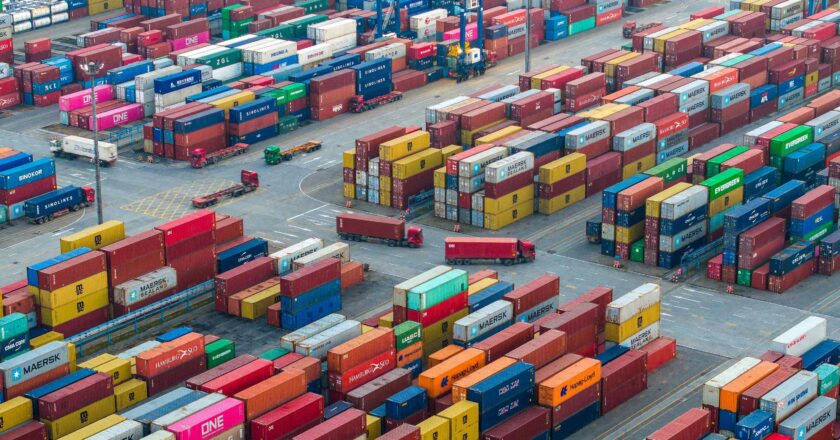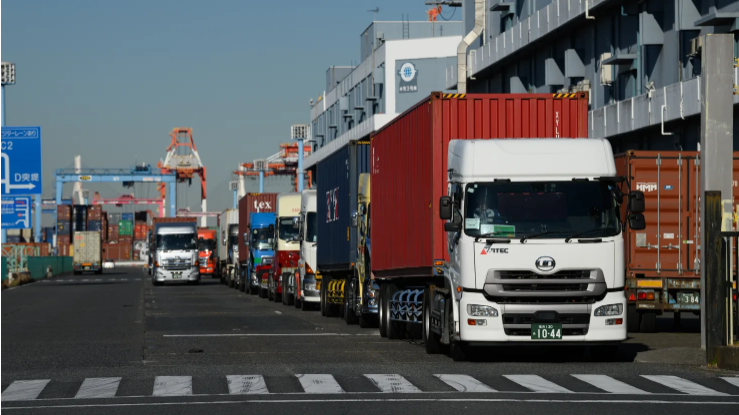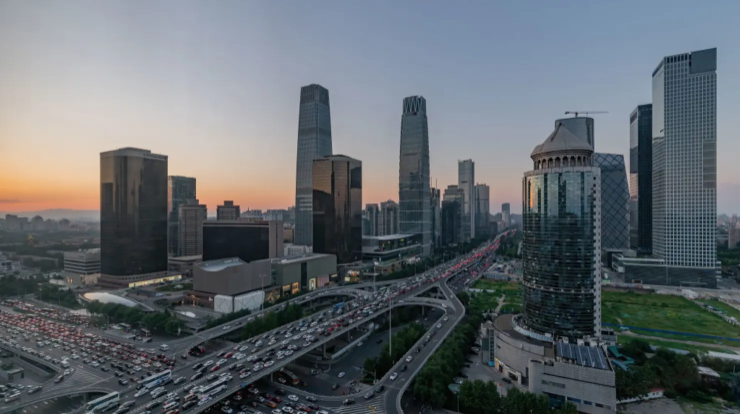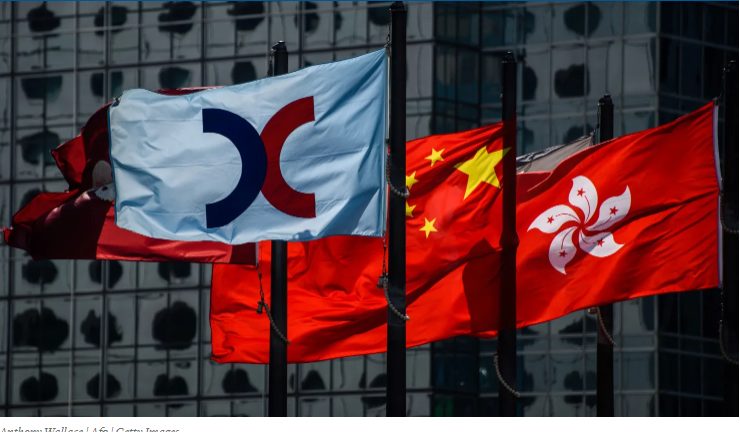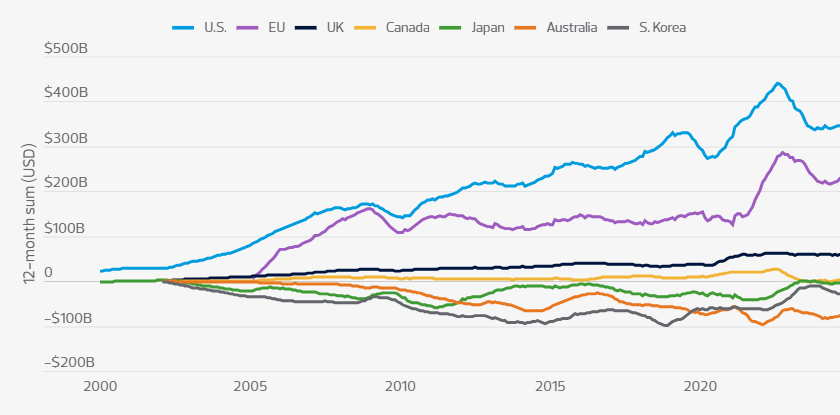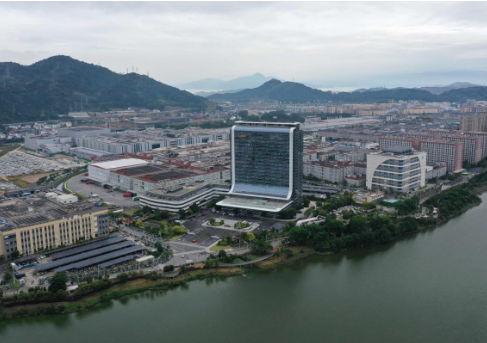Jidu Auto’s shutdown signals trouble in China’s EV market
Jidu Auto, a rising star in the Electric Vehicle (EV) sector, grabbed headlines just a few months ago with the launch of its second model. However, the company abruptly announced massive layoffs and the closure of its operations this week, stirring concerns about an impending shakeout in China's EV industry. "It's over. Don't watch anymore; we're shutting down. Just leave. Yes, our car company has gone bankrupt. It happened today. Leave quickly," declared a Jidu Auto live stream host tearfully, highlighting the shock and devastation among the employees.
On December 13th, BYD and Geely released a joint statement revealing that Jidu Auto would undergo layoffs and cease operations. The statement cited "tremendous changes" in the industry's competitive landscape, making the curre...

